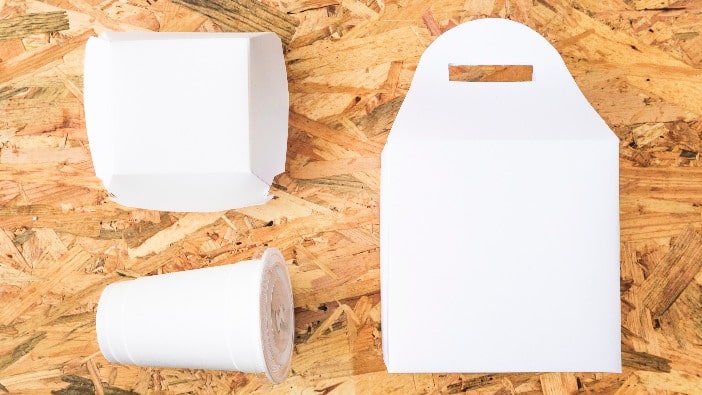
BLOG
KATEGORİDEKİ DİĞER YAZILAR

Plastic packaging is widely used especially in the food industry. Petroleum-based synthetic packaging materials have disadvantages such as environmental pollution and accumulation of toxic substances because they do not degrade in nature for a long time.
Petroleum-based synthetic plastics such as polystyrene, polypropylene, polyethylene, polymethylmethacrylate and polyvinyl chloride are widely used in all areas of our daily lives and more than 250 million tons are produced every year.
Consumers' sensitivity to the harmful effects of the packaging materials they use on nature has started to increase especially in recent years. This sensitivity has manifested itself primarily in plastic-based bags for shopping. In many countries, both due to legal regulations and the influence of non-governmental organizations, the use of plastic bags in shopping malls is decreasing and interest in biodegradable polymers is increasing.
Biodegradable Plastic Packaging Materials produced from edible biomass sources such as vegetable oil, corn starch, pea starch or microbiota cause lower greenhouse gas emissions.
According to the definition made by the American Society for Testing Materials (ASTM), polymers that can be dissolved by the action of bacteria, fungi, algae, yeast and other microorganisms found in nature are called biodegradable polymers.
Biodegradable polymers include cellulose, starch, leather, chitin, chitosan, bacterial polyesters produced naturally by living organisms such as animals, plants and bacteria, as well as synthetically produced but proven biodegradable materials such as poly(lactic acid) (PLA), poly(ecaprolactone) (PCL), poly(glycolic acid) (PGA). There are basically three main conditions for biodegradation to take place. These conditions are organism, substrate and environmental effect. When any one of these conditions is not met, biodegradation does not take place.
In the USA and European Union countries, the production and use of biodegradable plastic packaging materials is mandatory.
With the use of biodegradable packaging materials, environmental awareness is increasing, the use of petroleum-derived packaging materials is decreasing and is becoming widespread day by day with the developing technology. Biodegradable packaging materials are not yet competitive enough with plastics. The most important reason for this is high research and development costs and low production capacity. In the future, with the increase in crude oil prices, renewable raw material resources will gain more importance and the production of environmentally friendly plastics will replace today's plastics.
Nanolab Laboratories Group continues to provide services within the scope of Packaging Analysis. We also provide services on NIAS Studies in Packaging.
Contact us for more information.
You can follow us on LinkedIn for up-to-date news and posts about our services.
Follow our Instagram account to be informed about our latest blog posts.